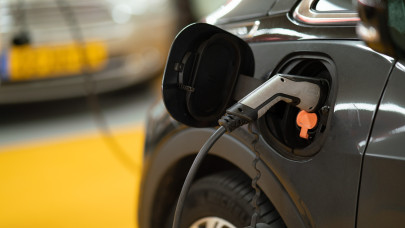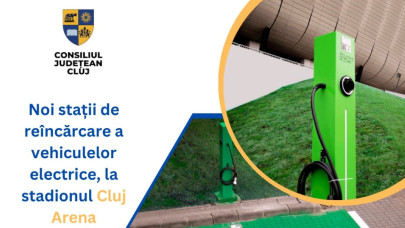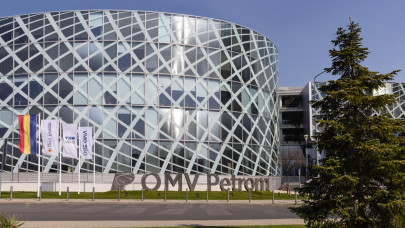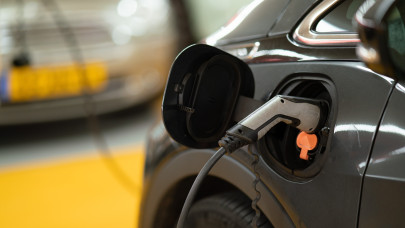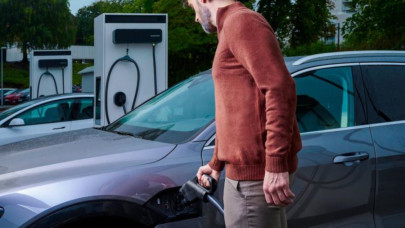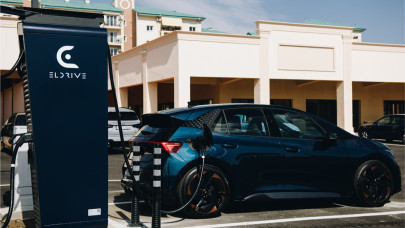However, among the European countries analyzed in the study, the shift to electric engines is slow. The percentage of consumers who would choose a gasoline or diesel engine for their next vehicle remains high in Austria (54%), Turkey (54%), Germany (51%), Poland (49%), the UK (49%), France (47%) and Belgium (47%).
Internal combustion engines are significantly losing ground only in Italy (where 22% of consumers would opt for a gasoline or diesel engine) and Spain (31%). In addition, a significant number of electric vehicle intenders would rethink such a purchase if an environmentally sustainable, synthetic fuel alternative becomes available for traditional engines, the percentage of which varies between 44% in Belgium and 63% in Turkey.
"The growing interest in electric cars is also highlighted by the European Automobile Manufacturers' Association, even though 2022 data shows that traditional engines continue to grab more than half of car sales in the European Union member states. In Romania, electric car sales increased last year by about 10,000 units, with the battery-powered ones recording the highest advance (+83.5%, placing Romania fourth in the EU after Cyprus, Latvia, and Bulgaria). However, battery-powered cars account for less than a quarter of all-electric vehicles sold in Romania in 2022 and less than 10% of the total. Also, the poor charging infrastructure and the limited autonomy, plus the short battery life and the fact that batteries are non-replaceable for certain models are the main reasons why Romanian consumers remain reluctant to electric cars,” says Ciprian Gavriliu, Tax Partner, Deloitte Romania.
Vehicle quality still tops the list of factors driving consumers' decisions when it comes to which brand to buy, but expectations regarding the acceptable waiting time for delivery are becoming increasingly important in the current context dominated by supply chain disruptions. Acceptable length of time to wait for delivery of the next vehicle differ from one country to another – while 85% of consumers in Turkey and 77% of those in Spain consider that it cannot exceed five weeks, half of Austrians and 57% of Belgians are willing to wait longer than that.
At the same time, most of the participants in the study see benefits in connectivity technologies, allowing access to information regarding maintenance updates, vehicle health reports, traffic congestion, and updates on alternate routes or road safety.
The Deloitte study questioned more than 26,000 consumers in 24 countries, of which over 10,000 were from nine European countries - Germany, Italy, Austria, Great Britain, France, Belgium, Spain, Poland, and Turkey.


